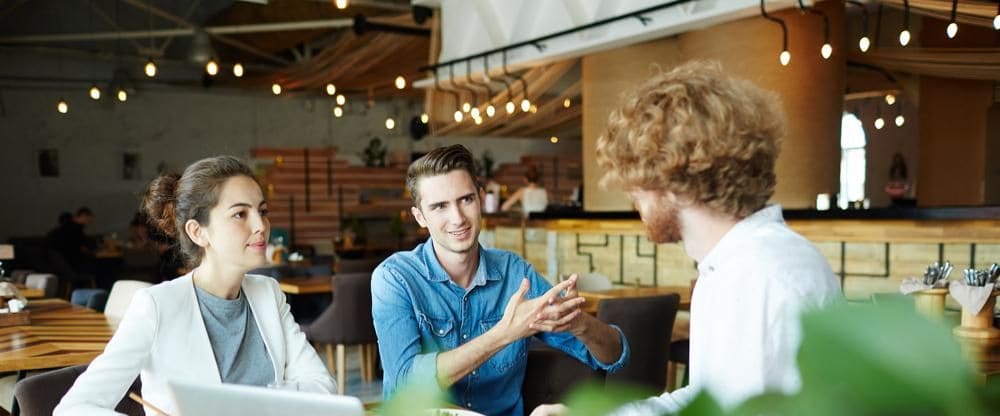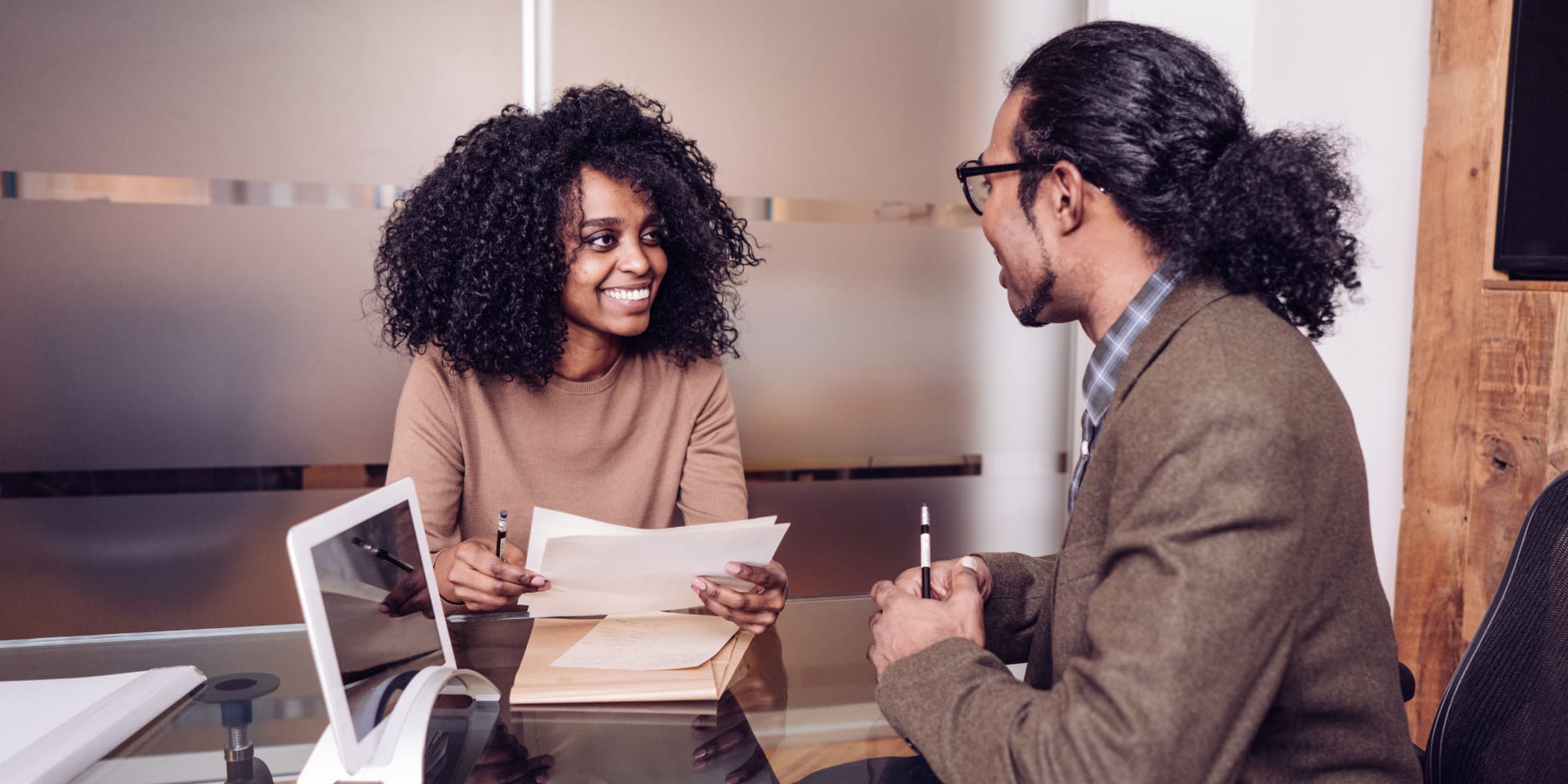Everything You Need To Know About The Job Interview-Dinner Etiquette
Congratulations! You're here! You've networked, applied to jobs, and now you are invited to lunch or dinner with a potential employer. What should you do? Take a look at these tips for job-interview meal etiquette.
- Student Tips

Congratulations! You're here! You've networked, gotten great recommendations, applied to jobs that allow you to use your PhD, and now you are invited to lunch or dinner with a potential employer. What should you do? Take a look at these tips for job-interview meal etiquette.
Know what the hiring committee wants to evaluate
Once the hiring committee decides to interview you, they've already determined that you have the credentials they want. Now, they want to evaluate you, personally. But how? They are looking for your social ability, your in-person communication skills and to see how well -- or not -- you will fit in with your prospective colleagues.
There's not one part of the process where you are not being interviewed and the dinner or lunch is part of that.
Your main job? Show that you fit in and how your research can benefit them. Clearly articulate your work and how it dovetails with theirs. If it doesn't? Probably not a great match.
They are probably also looking to see how willing you are to ask questions. Research your interviewers a bit and ask about their research. Find commonality.
Dress accordingly
Regardless of your interview format -- lunch, dinner, or otherwise -- dress the part. While academia is fairly relaxed, gussy up a bit for your meal. Look sharp.
Black tie? Not exactly. But dress up as if you are attending an interview. Take your cues from your hosts and err on the side of dressier than not.
If you're overdressed, it's ok -- they'll know you're serious and take your desire to please as a compliment.
Turn off your phone
Unless there's a life-or-death situation happening in your personal life, or a spouse is about to give birth, turn off your phone or put it on airplane mode. If you need to check it, politely excuse yourself and do it on a restroom break.
Even if your interviewers are checking theirs, do not, under any circumstances, check your phone during your interview. Period.
If you can, check the menu ahead of time
Showing up at the lunch or dinner interview with a laundry of food preferences may not go over well.
If you know the name of the place, go online and see if you can check out their menu ahead of time. Why? So you know what to expect and have a sense of what's going to work for you. When it comes time to order, you will want to be able to do so easily and thoughtfully.
This applies especially if the restaurant is particularly fancy, or the menu is in another language. Having no idea what you are looking at will not help you. Do your restaurant and menu research!
If you don't have this luxury, follow your interviewer's lead.
Order something that's easy to eat
Since it's a meal-time interview, expect to eat, but order something easy. Stay away from messy meals like spaghetti or soup, or meals that require you to use your hands, like lobster. Take small bites so you can talk easily, and try to choose something that is in the middle of the road price-wise.
If you are a messy eater and tend to get crumbs everywhere anyway, order something extra simple.
If you're worried, ask your interviewers what they recommend.
Nervous? Practice. Go out for a practice meal somewhere.
Be aware of these hazards
A few things to look for. First, especially at a meal: alcohol. A simple "no thanks," or "I'll stick with water" should do the trick. If you are at a large event where alcohol is served and you feel comfortable, having a glass of wine or beer is probably fine.
Do not worry too much about being liked. If you got invited for the interview in the first place, the committee likes you enough on paper. Be yourself.
Ask questions and don't make assumptions.
Don't let your guard down
At least, not too much. Sure, there are those basic manners to remember: talking with your mouth full, putting elbows on the table, and chewing with your mouth open.
Don't disclose more than you would in a more formal interview. Your interviewers are looking to understand how you interact socially. Be social, for sure, but don't completely relax.
Most important: those basic manners. Remember them. Practice them. If they are not the norm for you, make them the norm. Put that napkin in your lap.
Hiring committees: look out for this
You need to get this part of the interview right, too. If the candidate has some needs, try to meet them.
Eating out has all kinds of social codes: status, health indexes, identity markers, taboos.
Choosing a restaurant can signal who belongs -- and who doesn't.
Pick a place where your interviewee is likely to feel comfortable. Someplace too fancy can make your candidate feel uncomfortable, just as someplace too casual can make an interviewee feel unimportant.
Tell your candidates where you're dining. Campus cafes and dining halls are fine. If you live in a place with a vibrant dining scene, pick a place that has a diverse clientele and staff.
Classy and simple is the best way to go, with plenty of options. If possible, find out if your interviewee has any dietary restrictions. Diabetics, celiac sprue patients, and those who have religious dietary restrictions may feel uncomfortable.
Find your perfect program
Use our search to find and compare programs from universities all over the world!
PhDFind a program in these categories


